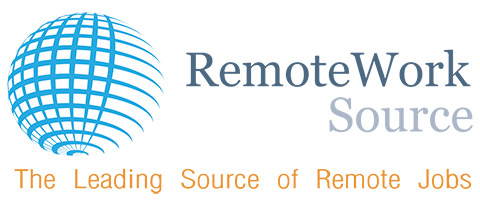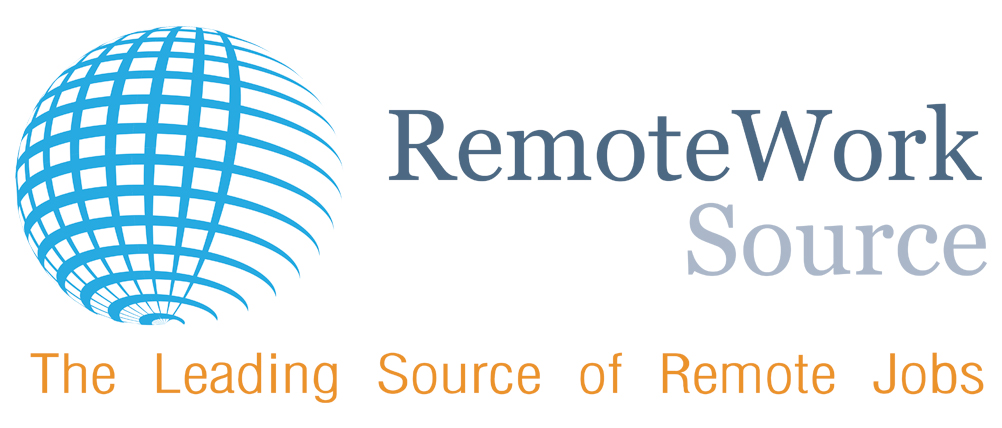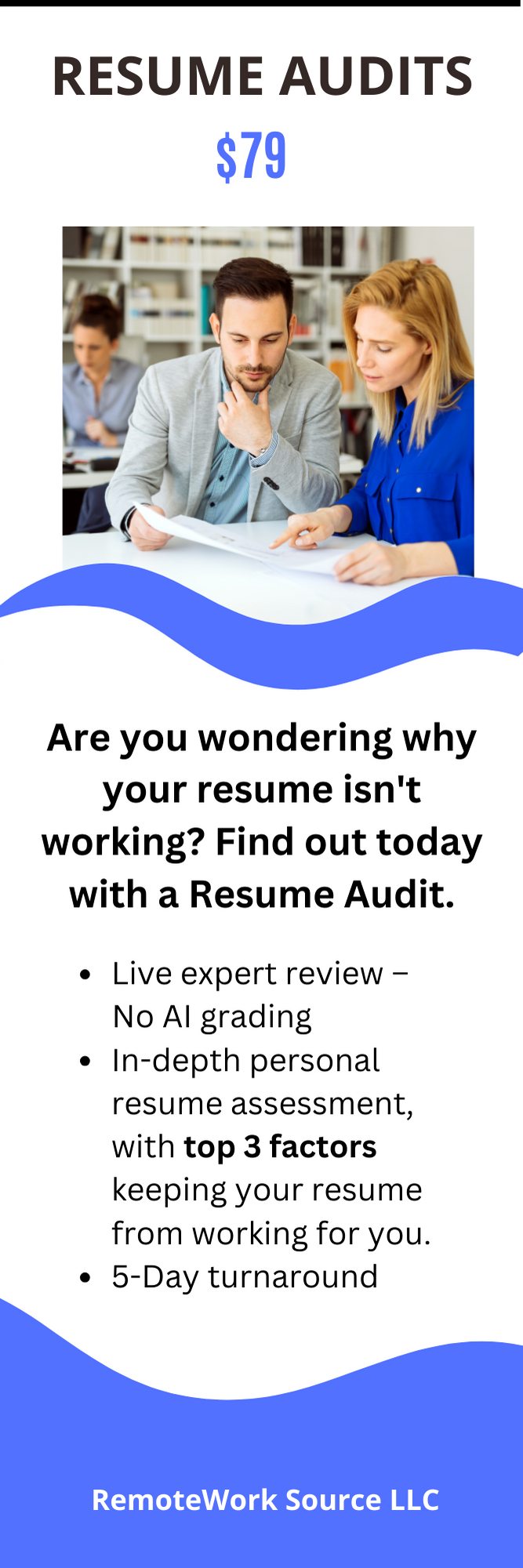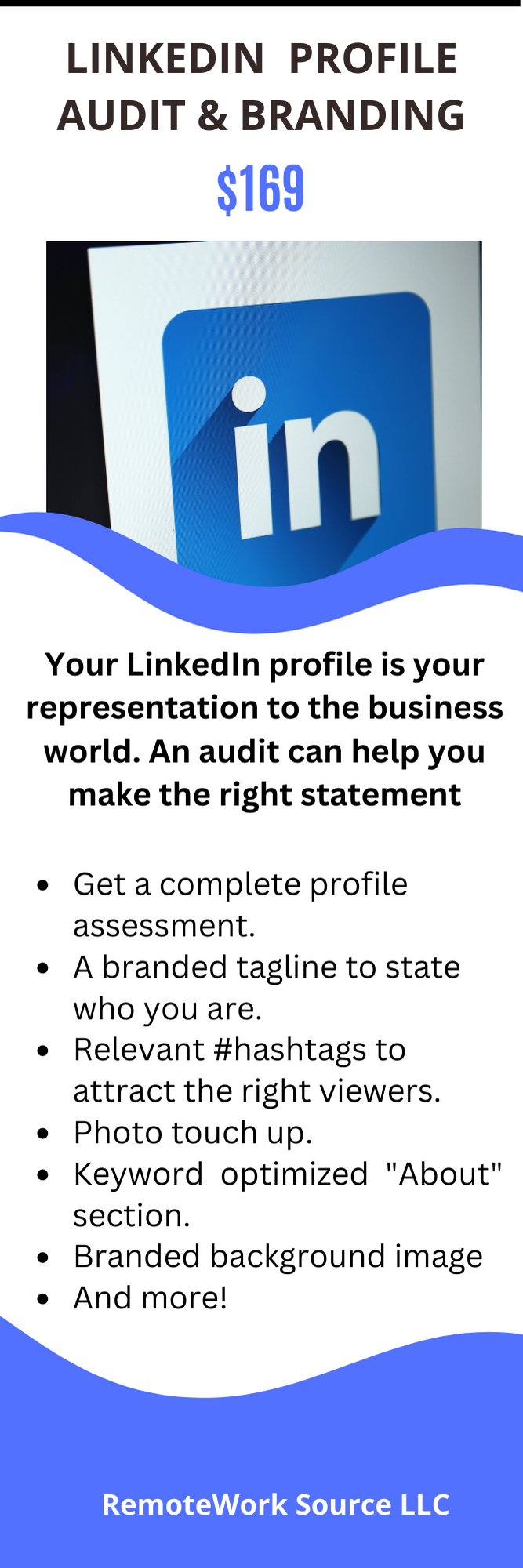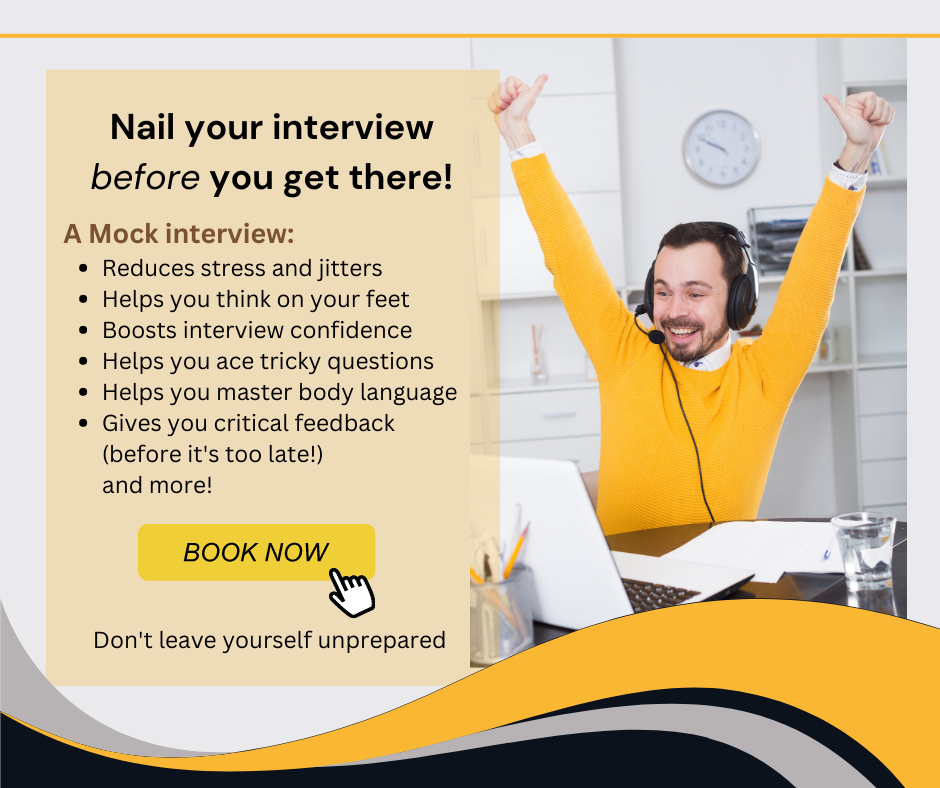45 Winning Questions to Ask After an Interview
There’s no getting around it. After every interview you’re going to be asked, “Do you have any questions for me?”
Whew! You make it through your interview without missing a beat. You’re almost home free. Then, the interviewer asks, “Do you have any questions?”
Of course you have questions; but now you feel put on the spot and need time to think! With your nerves already flying in all directions, how do you know what the interviewer wants to hear? I’m glad you asked!
In this article we’ll cover:
- Deciding what questions to ask, and why they’re good choices
- Question categories, along with real examples of relevant questions
- Knowing how many questions to ask
- Organizing your questions for an interview
Asking the right questions matters
In case no one’s ever told you, an interview is a two-way street. It’s two people (or sides) getting to know each other on a professional level, trying to decide if they want to work together.
The interviewer not only wants to get to know you, they want to gauge your “true” interest in the position and the company. They also want to evaluate how prepared you are for this important meeting.
Coming prepared with questions to ask about the position and the company is of utmost importance, as it gives the interviewer a favorable impression about you. For starters, it shows you’re passionate about the job.

The questions you ask helps to show you have passion for the position.
“One of the best times to prove that you’re passionate about the opportunity at hand is when an interviewer asks you if you have any questions for them,” says Emily Moore at Glassdoor.com.
Asking questions shows you took the time to learn about the company beyond just reading the job ad. Therefore, the first step to coming up with great questions to ask is to delve into the company’s background. This means doing some research.
“Researching employers is one of the best ways to become a standout candidate during the hiring process,” says career expert Heather Huhman. “By putting on your detective hat and investigating potential employers, you’ll discover details about the employer that will better prepare you for any interview.”
Research not only helps you understand the company, it also makes it easier to know what questions are most relevant.
Carefully crafted questions tell the hiring manager that:
- You have a genuine interest beyond just a paycheck. You care about more than pay and benefits.
- You’re intelligent. Relevant questions allow the interviewer to see your thought processes.
- You did your research. Since you could not find answers on your own, you’re asking for them.
What questions to ask
It’s good to show your interest goes beyond the job you’re applying to, and includes things such as the company, the culture, and your team. (I outlined these areas below.)
When crafting questions to ask, make sure they are all open-ended. Questions that are answered with a simple “yes” or “no” won’t prove useful. You want to use the interview as an opportunity to learn as much as you can so you know what you’re getting into.

Aim to be creative with your questions.
Try to be creative. Most likely you’ll be competing with other qualified and well-prepared candidates, so you want to avoid sounding robotic or run-of-the-mill. Be careful, however, not to confuse creative with inappropriate, or attempting to be comical. (Below are several examples of creative questions to ask.)
The best way to identify good questions to ask (and those not to ask), is to research the company. (Yep, I said that before!) Scrutinize their website. More often, their website will tell you the company’s history, mission and values, names of upper management, and size. Therefore, you can omit questions related to that.
Instead, use search engines to see if the company has received any recent publicity. If so, asking a question from an article you read about the company is an excellent way to impress an interviewer.
Question categories and what they say about you
I’ve broken questions down into eight categories. Each category offers several question suggestions, although this doesn’t mean you have to use each one.
These questions are not exhaustive. There are so many other questions you could include or with which you can replace them. It all depends on your personal situation. For example, there’s no need to ask about overtime if the position is salaried. Nonetheless, let’s look at what we have here.
How many questions should you ask?
A common worry for interviewees is knowing how many questions to ask. Three? Five? Well, it depends. Considerations include length of interview (if predetermined), the number of interviewers (is it one person, or a panel), and if the interview in person or online.*
Always focus on quality over quantity. It helps to make a list of several questions, beginning with two or three of the most relevant, creative, and impressive ones. Then move to commonly asked questions, such as, “What is the key to succeeding in this role?” Next, ask a question or two about the interviewer themself, if you feel confident in doing so.** Conclude with questions about what you should expect after the interview.
Questions that show an interest in the company:
- I read that the CEO was awarded for their involvement in a humanitarian activity. Do they support other good causes?
- Where do you see this company in the next few years?
- What goals is the company focused on, and how does this team work to support in hitting those goals?
- What are the company’s strengths and weaknesses?
- How does this company demonstrate its values?
- What makes people want to stay at this company?
Questions that demonstrate an interest in your team:
- How many people will I be working with?
- Could you tell me a little about the person I would report to directly?
- Do you expect to hire more people in this department in the next six months?
- Which other departments work most closely with this one?
- What is something the team or department does that’s become a tradition?
- What are the biggest challenges this team is facing?
 Questions that show an interest in the position itself:
Questions that show an interest in the position itself:
- Would I need to travel for the position?
- Is overtime expected and/or allowed?
- What are the primary responsibilities of the position?
- Do you expect the responsibilities for this role to change soon?
- Is this a newly created role?
- What are some challenges I should expect in this role?
 Questions that illustrate your desire to do well:
Questions that illustrate your desire to do well:
- What is the key to succeeding in this role?
- What types of skills is the team missing that you’re looking to fill with a new hire?
- What are the biggest challenges that someone in this position might face?
- How would you define ‘success’ for the person in this role?
- What qualities does this company most value in its employees?
- How often do you evaluate employee performance?
- What should I wear on my first day?
- Is there anything in my resume that makes you doubt my qualifications for this position?
 Questions that show forward thinking:
Questions that show forward thinking:
- What does it look like during the busiest and toughest times for this role?
- Do you expect the main responsibilities for this position to change in the next six months to a year?
- Are there opportunities for advancement or professional development?
- What kind of performance feedback can I expect to receive, and how often?
- Who is the best person to go to with questions I might have later on?
- Will I be able to work with any innovative tools, technologies or methods?
 Questions that show a desire to be a happy employee:
Questions that show a desire to be a happy employee:
- What training programs are available to your employees?
- What’s the company and team culture like?
- Is there a formal mission statement or statement of company values?
- What do you and the team usually do for lunch?
- Is mentorship available to new employees?
 Questions that demonstrate an interest in the interviewer:
Questions that demonstrate an interest in the interviewer:
- How has the company changed since you joined?
- What’s different about working here than anywhere else you’ve worked?
- What are a few things you love about working here?
- What do you wish you had known before you joined the company?
 Questions to ask to let them know you want to move on to next stage:
Questions to ask to let them know you want to move on to next stage:
- What’s next in the interviewing process?
- When do you expect to decide?
- How many people will interview for this job?
- What is the onboarding process like?
- When is the best time for me to follow up on this interview?
Questions NOT to ask
It’s crucial to ask questions, yet there are some questions you should not ask. Doing so could undermine all your hard work. You might feel the need to know the answers; however, you’ll have to do more research, or wait until a more appropriate time.
The below list is not extensive, but it should give you an idea of questions to avoid asking. Asking these questions could cause the interviewer to be concerned that you did not do any research about the company; are undisciplined; have something to hide; or, are just looking for a way to pay your bills.
Questions that are red flags to hiring managers:
- Will I ever have to work on a weekend or holiday? Personal time and work-life balance are very important, including to hiring managers. But later on is a better time to fret about working occasional extra hours. Talking to The Muse, career consultant Jacqui Jarrett-Poindexter says, “While work-life balance is a very popular concern right now, it’s not the most pressing consideration for a hiring decision-maker.”
- How often do we get raises? Or, how soon can I take a vacation? This signals that you would quickly jump ship if another company offered you more money or better perks. According to recruiting website Social Talent, “Asking these types of questions in the screening or interview stage might be a sign that [you] are only interested in personal gain, rather than in the role or the company itself.”
- What does the organization do? I addressed this above, but is worth repeating. Susan M. Heathfield, HR and management consultant tells TheBalanceCareers, “A candidate who goes into an interview not knowing about the company shows a lack of preparation as well as little genuine interest about the company and how their prospective role would fit within the company’s goals and values.”
I’m sure you get the point.
One final thought
What if the interviewer doesn’t ask if you have questions? Well, don’t let that become a missed opportunity! Unless they say they have another appointment, take the initiative.
According to one Lifehack.org post, “Saying something like ‘before we end, I have a few questions I’d like to ask if you don’t mind,’ is the perfect way to politely remind the interviewer that you haven’t had the chance to get your questions answered.”
You worked hard to prepare for and get that interview, so make every minute count!
Download our FREE 45 Questions to Ask After an Interview Workbook!
Your turn: What did we leave out? In the comments below, tell us what are other question that are great to ask following an interview?
Footnotes:
* It’s important to note that since COVID-19, telephonic or online interviews have become the norm, at least for screenings. With remote positions, the entire interview process might be via video or the phone. If so, ask the most important questions first in case there is a connection problem, or the interview needs to be cut short.
** When asking an interviewer questions about themselves, be sensible. Your goal isn’t to know them intimately, but to learn more about the company through their experiences as an employee. It’s important to maintain professional boundaries.
Does your resume need help? Check out our resume rewrite packages!
Category: Human Resources, Interviewing
